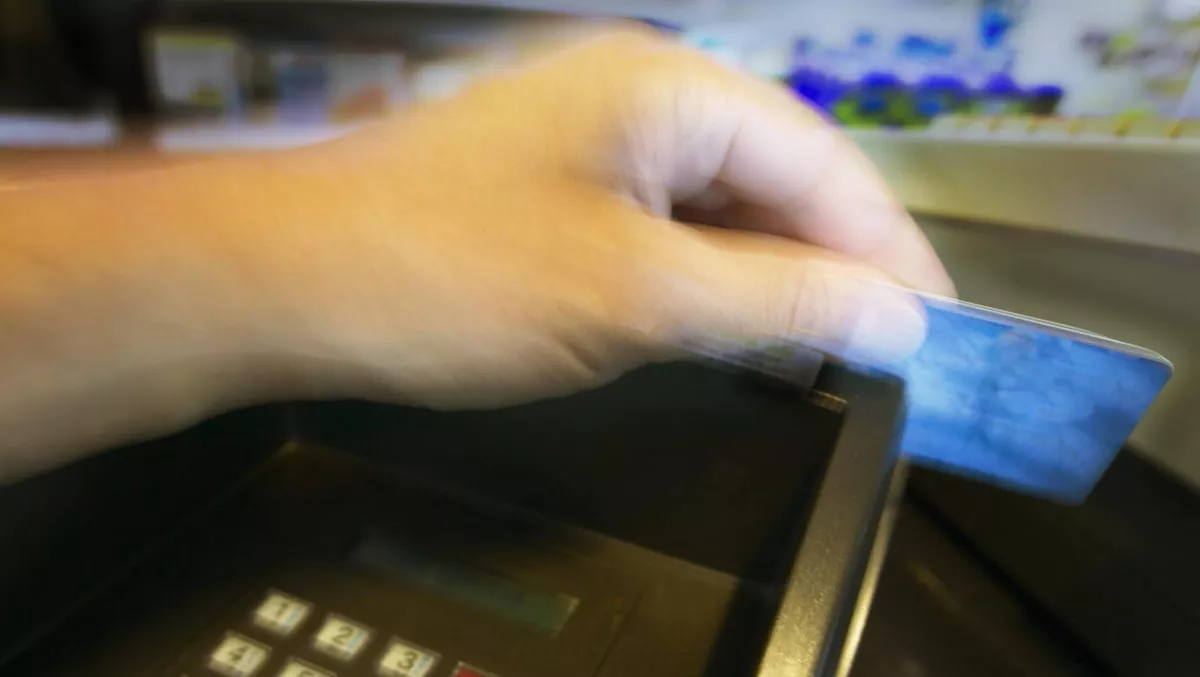
The top scams you should watch out for when travelling abroad
Whether travelling for work or leisure, even the most seasoned travellers can fall victim to common scams. Concur's business development director, Murray Warner believes that those scams can have a significant impact on travels. Employers and employees should be aware of the common scams - and how to avoid them. "Scam artists have become more creative with methods to separate travellers from their cash and valuables. Some rackets are linked to specific cities, but others could happen anywhere," he says.
Concur has compiled a list of nine travel scams to watch out for:
1. Card skimmers: Criminals place tiny devices on ATMs that transfer debit card information onto a blank card which is then used elsewhere. Travellers should always inspect the ATM before inserting a debit card: if the flashing card entry indicator isn't visible, the traveller should go elsewhere.
2. Mandatory car service: Some hotels and resorts trick travellers into taking transport organised by them, which, of course, costs more and includes kickbacks to the hotel. Travellers should always request a metred taxi or consider renting a vehicle.
3. Broken taxi metres: Broken, turned off, or covered taxi metres are a sign the traveller is about to be overcharged.
4. Extra fees: Many businesses charge a substantial credit card fee, which can be illegal, but travellers don't know to challenge it.
5. "Closed" businesses: Unscrupulous businesses steering people away from one establishment to another, where the prices are likely higher and the products and services worse.
6. Double-dipped cards: When a clerk swipes the card and indicates that the terminal is broken or can't read the card, they'll likely try another option. It's possible that they're being helpful, or travellers may have been double charged. If unsure, travellers should always pay in cash and keep credit card receipts in case charges need to be disputed.
7. Currency conversion charges: When a credit card is used abroad, business vendors will often give visitors the option to pay in the local region currency or the visitors' home currency. When choosing between the two, travellers should always opt for the local currency to avoid soaring currency exchange fees and other hidden expenses.
8. Fake damage: Some rental car companies and independent hotels have been known to falsely claim that customers have damaged cars or rooms. Customers can protect themselves against this by taking images or video footage of the room or vehicle.
9. Hotel room calls: A recent and pervasive scam is a form of phishing for information. Scammers ring hotel rooms claiming to be from the front desk, and say there's a problem with the guest's credit card. They then ask the guest to read credit card information back to them before stealing that information. Many hotels caution guests never to reveal credit card details over the phone.
"Business travellers are usually among the savviest but even an experienced traveller can be taken in, so it's imperative that businesses arm their employees with the knowledge they need to protect themselves and, by extension, the business," Warner concludes.


